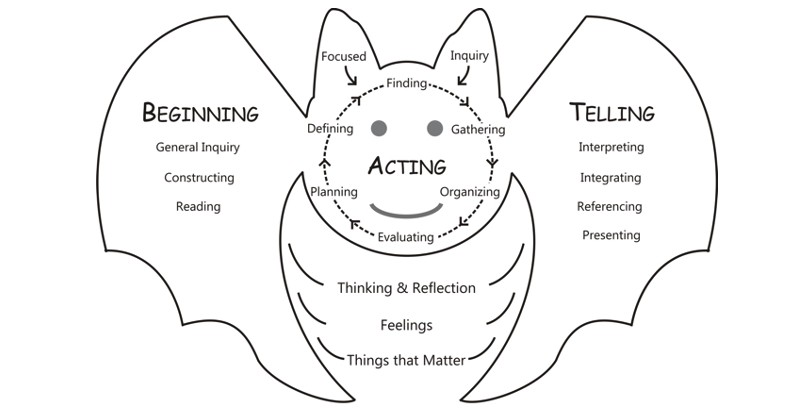Ensuring Human-Centered AI EdTech: Inclusive Design and Evolving Information, Digital, Media, and Algorithmic Literacies
Emerging technologies increasingly impact the design of and access to education. Current research in higher education and educational technology argues the benefits (e.g., time-saving, personalization, scalability) and concerns (e.g., academic integrity, accessibility, data reliability, ethics, privacy) of students using artificial intelligence in education. Though these pro and con lists may be valid and growing, a perspective is often missing from conversations about AI in education: accessibility and people with disabilities. This article first reviews the importance of understanding relevant literacies—information, digital, media, and algorithmic—and describes examples of educational technologies (EdTech) that highlight learning objectives of using and creating knowledge and content with those tools. Then, inclusive and human-centered design principles are discussed as a foundational construct to design human-centered AI and use cases for integrating AI in learning design.
Read More








